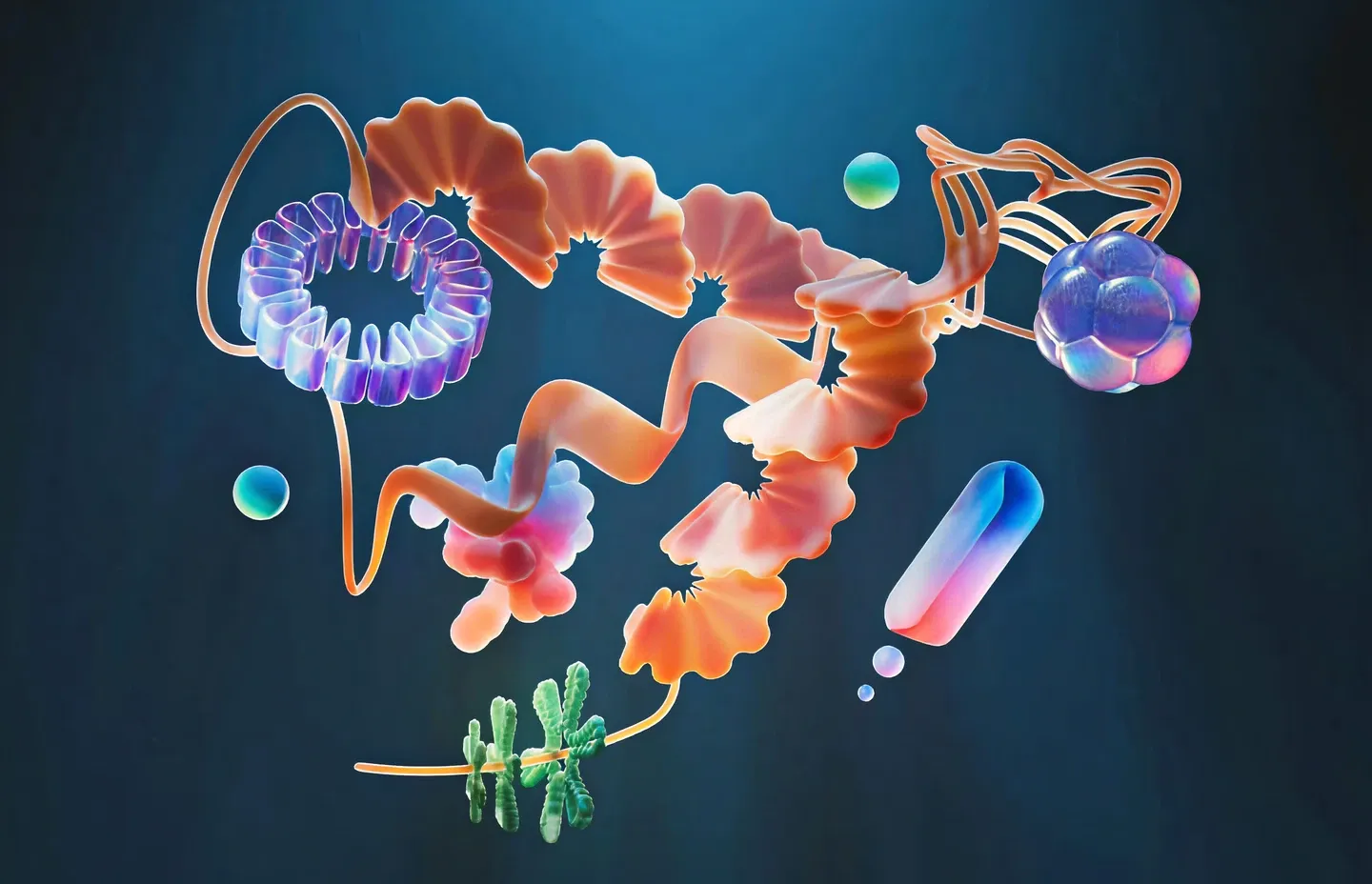Artera scales personalized cancer therapy with Union.ai

Challenge
Artera needed scalable, reliable orchestration for multimodal AI pipelines.
Artera develops AI-enabled predictive and prognostic cancer tests—including the ArteraAI Prostate Test, the first NCCN-recognized predictive test for localized prostate cancer. These tests analyze multimodal inputs such as gigapixel pathology slides (100,000 × 100,000) and structured clinical data to assess risk and guide therapy decisions.
As Artera expanded to multiple production inference pipelines, their homegrown orchestration approach became unsustainable. A single-container workflow architecture could not support:
- Diverse resource requirements
- Differing model dependencies
- Scalable development across teams
- Reliable production execution
Managing numerous pipelines inside a single container led to large images, slow cold starts, costly GPU idle time, and operational complexity. Iteration slowed, dependency conflicts increased, and production maintenance became cumbersome.
Artera needed a Pythonic, Kubernetes-native orchestration solution that supported reproducibility across development and production—with minimal engineering overhead so the team could focus on building cancer therapy models, not infrastructure.
“With Union, we can co-locate pod specs and compute requirements directly in our tasks. It cuts compute-configuration time by at least 2×.”

Reda Oulbacha
ML Developer at Artera
Solution
Union.ai delivered a scalable, composable, and cost-efficient AI platform.
After evaluating Pythonic and Kubernetes-based orchestrators, Artera selected Union.ai for its strong developer experience, composability, KPI-aligned reliability, and fully managed Flyte infrastructure.
Union’s type engine provided strong data guarantees across tasks—reducing runtime errors and improving prediction reliability.
“Union’s type engine is something competitors don’t do as well. It’s important for us to have strong guarantees about inputs and outputs.” — Reda Oulbacha, ML Developer
Union’s composability allowed Artera to break monolithic containers into modular tasks and reusable components. This accelerated iteration, improved reproducibility, and reduced cold start overhead.
Union also enabled granular task-level resource control, ensuring GPUs were used only where needed. Developers now specify pod requirements directly in code—without relying on a platform team for configuration changes.
Additional benefits included:
- 50% reduction in image pull time, improving GPU efficiency
- Parallelized feature extraction, reducing processing time by 50%
- Seamless dependency isolation and environment management
- Direct support for large, multimodal inference pipelines
Union’s partnership and support were equally impactful. The Union team collaborated directly with Artera on feature design, infrastructure guidance, and multi-region scaling needs.
“Working with Union is like extending our team. Their support has been amazing—responsive, proactive, and open to feedback.” — Reda Oulbacha
Artera’s leadership views Union as a critical partner for global growth.
“We’re scaling across multiple regions. Having a partner who can scale with us is mission critical.” — Nathan Silberman, VP of ML & Engineering
faster compute-configuration changes via inline resource specs
reduction in image pull and feature extraction processing time
lean team operations, enabled by managed orchestration & support
Results
Union.ai accelerated development, reduced operational burden, and scaled global deployment.
With Union, Artera operates with a leaner engineering team while supporting rapidly evolving AI pipelines. Modular tasks, reproducible workflows, and efficient GPU utilization accelerated development and reduced compute waste.
Union’s managed Flyte infrastructure eliminated the overhead of maintaining orchestration systems. Teams iterate faster, deploy confidently, and troubleshoot efficiently through clear error propagation and strong type guarantees.
Union’s global-ready architecture positions Artera to expand across the U.S. and internationally—developing pipelines once and deploying anywhere with consistent reliability.
As Artera continues to scale its AI-powered cancer diagnostics, Union.ai remains a foundational part of its AI development infrastructure: powering reliable inference, improving model engineering velocity, and supporting global deployment needs.


